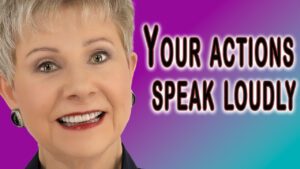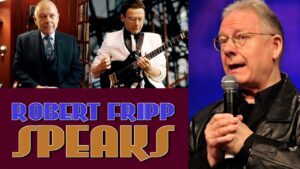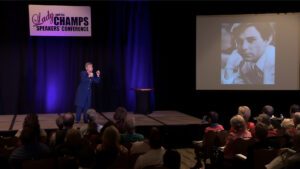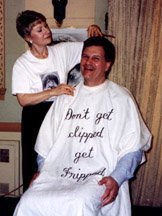Recently, I received a call from a 90-year-old woman who said, “I bought Chicken Soup for the Soul when it first came out. My children and grandchildren still read it. I wanted you to know that three generations like your story.” Like many of the stories that Mark Victor Hansen and Jack Canfield collected from their friends, these were profound in their simplicity.
My short, simple story was told to me decades ago while jogging with my friend Bobby Lewis in Oklahoma City. I would list it under Honesty, Ethics, and Parenting.
My friend and proud father, Bobby Lewis, took his two little boys to play miniature golf. He asked the attendant, “How much is it to get in?” He replied, “It’s three dollars for you and any kid over six. They get in free if they’re six or younger.”
Bobby said, “Well, Mikey’s three and Jimmy’s seven, so I owe you $6.00.” The attendant looked surprised. “Hey, mister, do you like throwing your money away? You could have told me the big one was only six and saved three bucks. I wouldn’t have known the difference.”
Read More...






 My journey into professional speaking and coaching began in an unlikely setting — a bustling salon on the island of Jersey in the Channel Islands.
My journey into professional speaking and coaching began in an unlikely setting — a bustling salon on the island of Jersey in the Channel Islands. 